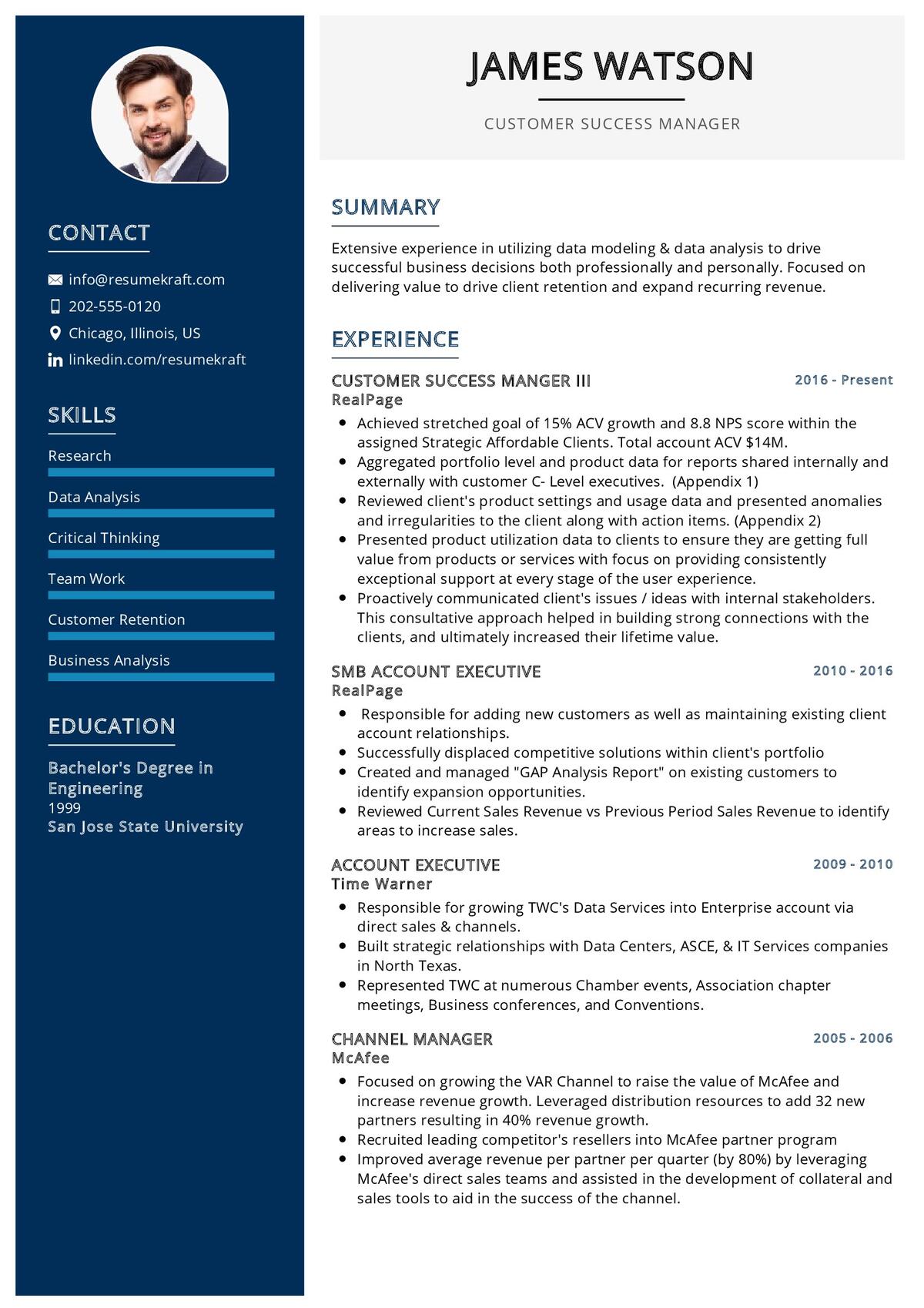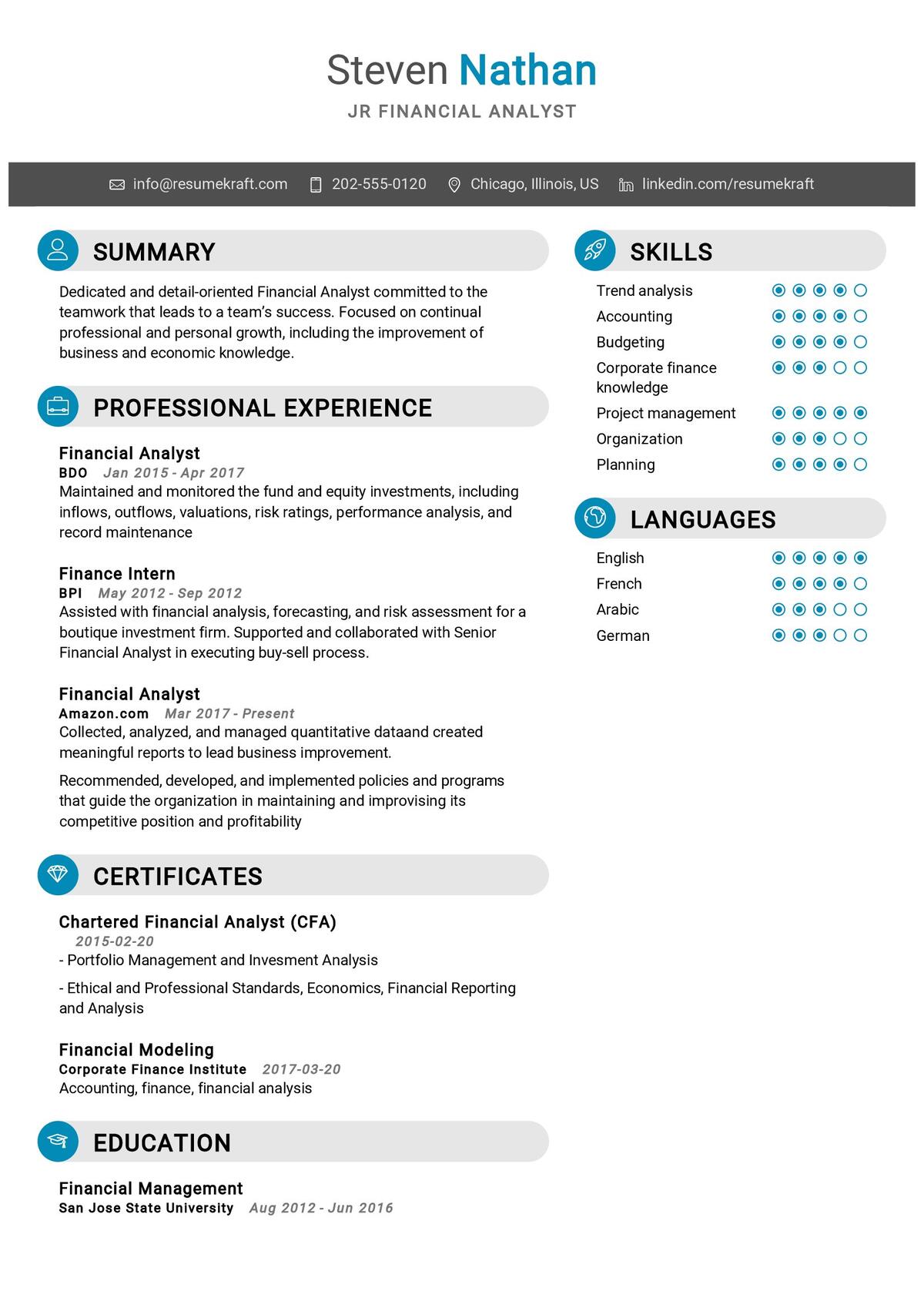
When preparing for an interview at Empirical in Garden City, KS, it’s important to be equipped with a solid understanding of the types of questions you might encounter. Companies like Empirical are known for their structured interview processes, which can range from technical assessments to behavioral and competency-based questions. This article will walk you through the top 32 Empirical Garden City, KS interview questions, providing insights into what the interviewer is looking for and how to best frame your responses. We’ll also include an Explanation for each question to help you understand the purpose behind it. Whether you’re applying for a technical, managerial, or support role, these questions will help you feel confident going into the interview.
Top 32 Empirical Garden City KS Interview Questions
1. Tell me about yourself.
This is one of the most common interview questions, and how you answer sets the tone for the rest of the conversation. You should provide a brief overview of your professional journey, highlighting relevant experiences and skills related to the job you’re applying for. Tailor your answer to show how your background aligns with the company’s needs.
Explanation: This question helps the interviewer understand your background and how it relates to the position at Empirical.
2. Why do you want to work at Empirical in Garden City, KS?
When answering this question, express your enthusiasm for the company and its mission. Be specific about why you’re excited to work for Empirical, whether it’s their commitment to innovation, community involvement, or the specific role you’re applying for.
Explanation: The interviewer wants to assess your knowledge of the company and your genuine interest in the position.
3. What are your strengths?
Identify strengths that align with the job description. If you’re applying for a technical role, highlight your technical expertise. For a managerial role, focus on leadership skills. Always back up your claims with examples of how you’ve used these strengths in past roles.
Explanation: This question allows the interviewer to gauge if your strengths match the requirements of the job.
4. What are your weaknesses?
Choose a real but non-critical weakness and explain how you’re working to improve it. For instance, if you tend to be overly detailed, you might explain how you’re learning to balance thoroughness with efficiency.
Explanation: This question tests your self-awareness and willingness to improve.
Build your resume in just 5 minutes with AI.

5. Describe a time when you faced a challenge at work and how you dealt with it.
Employers want to know how you handle obstacles. Choose a challenge that had a positive outcome, and explain how your actions led to the solution. Be sure to focus on problem-solving skills and adaptability.
Explanation: This question assesses your problem-solving abilities and resilience under pressure.
6. How do you prioritize tasks when you have multiple deadlines?
When answering this, focus on your time-management skills and how you assess urgency and importance. Mention any tools or methods you use, such as creating to-do lists or using project management software.
Explanation: The interviewer is looking to understand how well you handle competing priorities and time management.
7. Tell me about a time when you had to work with a difficult team member.
Describe a situation where you successfully worked with someone difficult by using communication, empathy, and conflict resolution skills. Focus on how you handled the situation professionally.
Explanation: This question explores your ability to work well in teams, especially in challenging situations.
8. What do you know about our company?
Research Empirical before the interview and mention specific details about the company, such as their recent projects, industry standing, and community involvement.
Explanation: The interviewer is testing how prepared you are and your interest in the company.
9. Where do you see yourself in five years?
Outline your career goals and show how the position at Empirical fits into your long-term plans. Express a desire to grow with the company and contribute to its success over time.
Explanation: This question checks if your long-term goals align with the company’s future.
10. How do you handle pressure or stressful situations?
Provide examples of how you’ve handled stressful situations in the past. Focus on your ability to remain calm, think critically, and solve problems under pressure.
Explanation: The interviewer is assessing your ability to remain effective in high-stress environments.
11. What motivates you to perform well at work?
When answering this, mention factors such as personal growth, achieving goals, contributing to a team, or making an impact. Avoid mentioning money or benefits as your sole motivator.
Explanation: The interviewer wants to know what drives your work ethic and commitment.
12. Can you describe a situation where you demonstrated leadership?
Even if you’re not applying for a leadership role, you can highlight an instance where you took initiative. Talk about how you led a project, mentored a colleague, or managed a crisis.
Explanation: This question assesses your potential for leadership, regardless of the role.
13. How do you ensure accuracy in your work?
Explain the strategies and processes you use to avoid mistakes, such as double-checking your work, using tools for accuracy, or maintaining attention to detail.
Explanation: The interviewer is looking to understand how you maintain quality and reliability in your work.
14. Tell me about a time when you went above and beyond your job responsibilities.
Describe a situation where you took extra steps to contribute to a project or help a colleague. Focus on the positive outcomes of your actions and how it benefited the team or company.
Explanation: This question helps the interviewer understand your level of initiative and dedication.
15. How do you handle feedback from supervisors or colleagues?
Provide examples of how you’ve received constructive criticism and applied it to improve your work. Emphasize your openness to learning and growth.
Explanation: The interviewer wants to know if you can handle feedback professionally and constructively.
16. Can you describe a time when you improved a process or system?
Explain how you identified inefficiencies in a process and took steps to improve it. Be sure to mention the positive impact this had on productivity or performance.
Explanation: This question tests your innovation and problem-solving skills in improving processes.
17. What steps do you take to keep up with industry trends?
Discuss the methods you use to stay informed, such as attending conferences, subscribing to industry publications, or taking online courses. Show that you’re proactive about continuous learning.
Explanation: The interviewer is assessing your commitment to staying current in your field.
18. How do you manage your work-life balance?
Share strategies you use to maintain a healthy balance, such as time management, setting boundaries, or prioritizing tasks effectively. Emphasize that you can handle work demands while maintaining personal well-being.
Explanation: The interviewer wants to ensure you can maintain productivity without burning out.
19. What would your previous manager say is your greatest strength?
Choose a strength that aligns with the role and back it up with examples of how it’s been recognized in the past by a supervisor. Be honest, but strategic.
Explanation: This question helps the interviewer understand your strengths from another perspective.
20. Describe a time when you had to meet a tight deadline.
When answering this, focus on how you organized and prioritized your tasks to meet the deadline without sacrificing quality. Highlight any tools or techniques you used to manage time effectively.
Explanation: This question assesses your ability to handle tight deadlines and work under pressure.
Planning to Write a Resume?
Check our job winning resume samples


21. Why should we hire you over other candidates?
Highlight the unique qualifications, experiences, and skills you bring to the table. Tailor your answer to the specific requirements of the job and how you can add value to Empirical.
Explanation: The interviewer wants to know what sets you apart from other applicants.
22. Tell me about a time when you had to learn a new skill quickly.
Describe how you approached the learning process, what resources you used, and how you successfully applied the new skill. Show that you’re adaptable and quick to learn.
Explanation: This question tests your ability to learn and adapt in a fast-paced work environment.
23. What do you do when you make a mistake at work?
Explain how you’ve owned up to mistakes in the past and what steps you took to correct them. Focus on learning from the mistake and preventing it from happening again.
Explanation: The interviewer is assessing your accountability and willingness to improve.
24. How do you handle conflicts with coworkers?
Provide an example where you handled a conflict professionally, focusing on open communication, empathy, and finding a resolution that benefited both parties.
Explanation: This question tests your conflict resolution and interpersonal skills.
25. How would you describe your work style?
Describe your approach to work, whether you’re collaborative, independent, detail-oriented, or results-driven. Tailor your answer to the role and company culture.
Explanation: The interviewer wants to know how your work style fits with the team and company environment.
26. Tell me about a project you’re particularly proud of.
Choose a project where you made a significant impact. Describe your role in the project, the challenges you faced, and the positive outcomes of your work.
Explanation: This question helps the interviewer assess your ability to deliver results and your sense of accomplishment.
27. How do you handle repetitive tasks?
Explain how you stay motivated and focused when performing routine tasks. Mention any strategies you use to maintain efficiency and avoid burnout.
Explanation: The interviewer is looking to understand your approach to tasks that may be less exciting but essential.
28. What are your salary expectations?
Research the market rate for the position and provide a range that aligns with your experience and qualifications. Be prepared
to negotiate but avoid being too rigid.
Explanation: This question is used to gauge if your salary expectations align with the company’s budget.
29. How do you handle constructive criticism?
Discuss how you process feedback and use it as an opportunity for growth. Provide examples of how constructive criticism has helped you improve in the past.
Explanation: The interviewer wants to know if you’re open to feedback and can handle it professionally.
30. Tell me about a time when you had to adapt to a significant change at work.
Share a situation where you faced a change, such as new leadership or a shift in responsibilities, and how you adapted to it. Focus on your flexibility and resilience.
Explanation: This question assesses your ability to adapt to change, which is important in dynamic work environments.

Build your resume in 5 minutes
Our resume builder is easy to use and will help you create a resume that is ATS-friendly and will stand out from the crowd.
31. What do you hope to achieve in your first 90 days at Empirical?
Outline realistic goals for your first three months on the job, such as learning the company’s systems, building relationships with your team, and contributing to key projects.
Explanation: The interviewer wants to see that you have a proactive plan for your onboarding and immediate contributions.
32. What is your approach to managing projects?
Explain how you organize and manage projects from start to finish. Mention any tools or methodologies you use, such as Agile, Scrum, or project management software.
Explanation: This question helps the interviewer assess your organizational and project management skills.
Conclusion
Interviews at Empirical in Garden City, KS, can be a rewarding experience if you’re well-prepared. The questions asked during the interview are designed to gauge your skills, experiences, and cultural fit within the company. By preparing answers to the above questions, you will show confidence, professionalism, and a genuine interest in the role you’re applying for. Keep in mind that the Explanation for each question highlights the underlying reasoning behind it, which will help you frame your responses in a way that aligns with Empirical’s expectations. Good luck with your interview preparation!
Recommended Reading:

